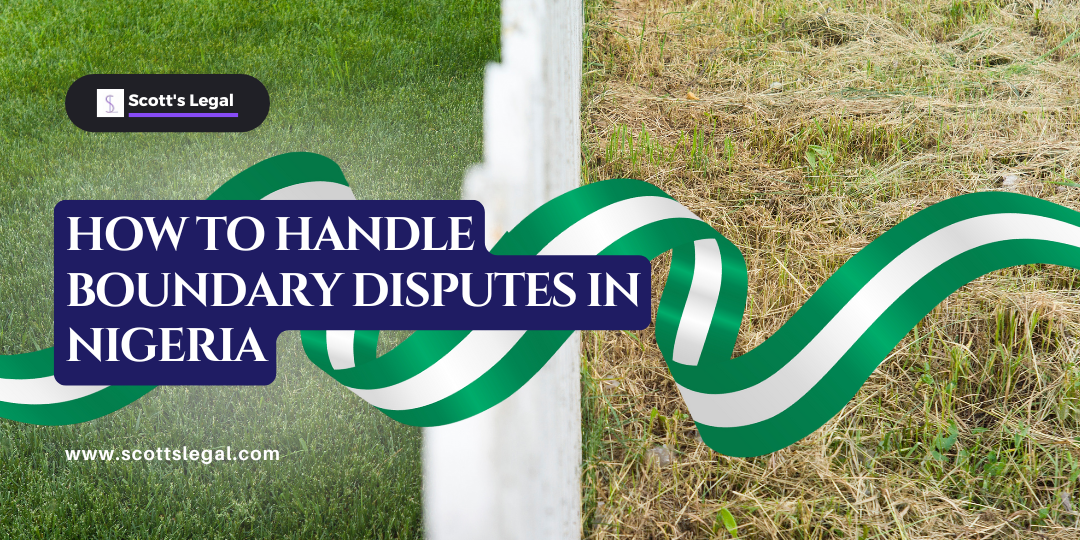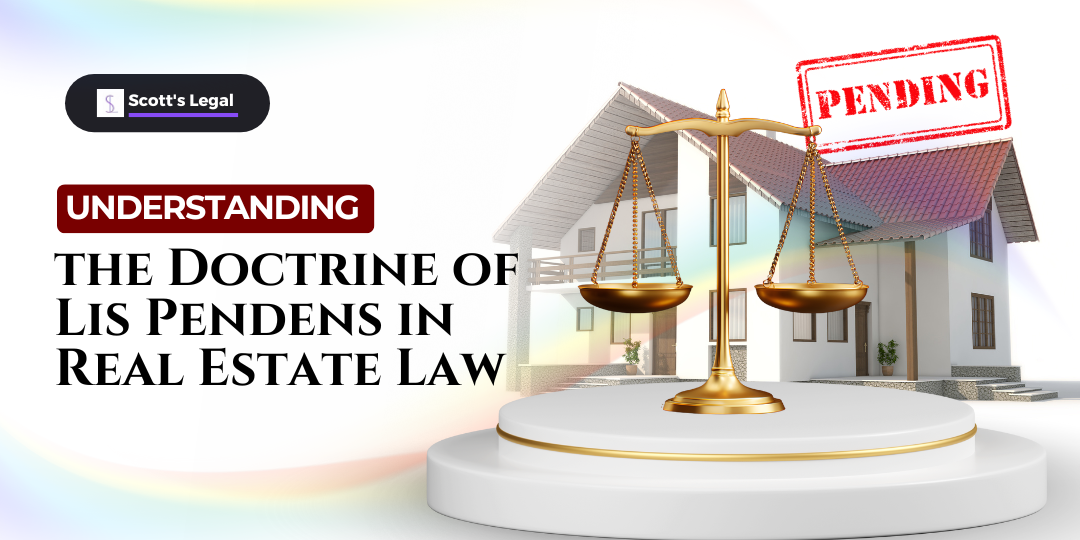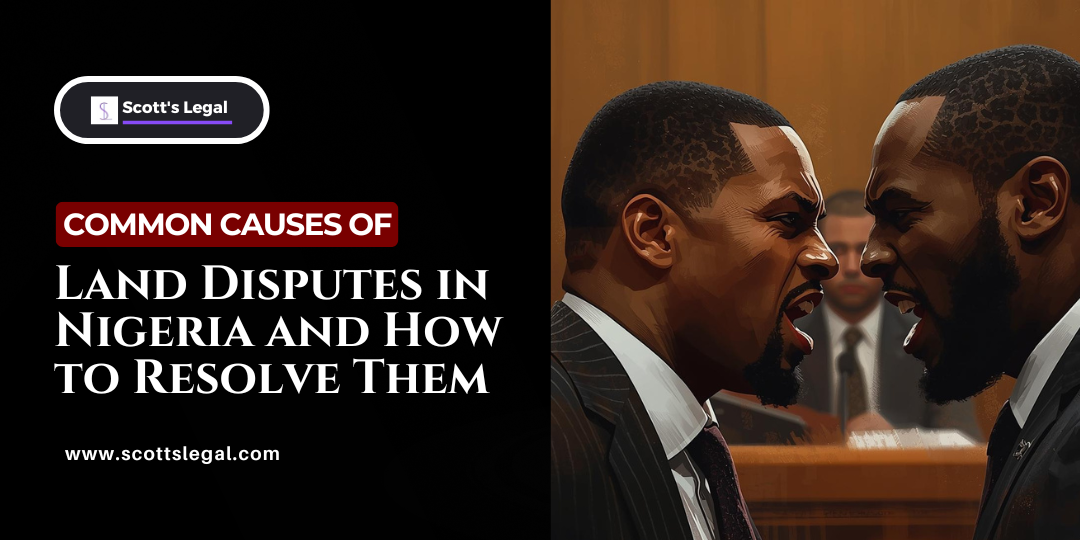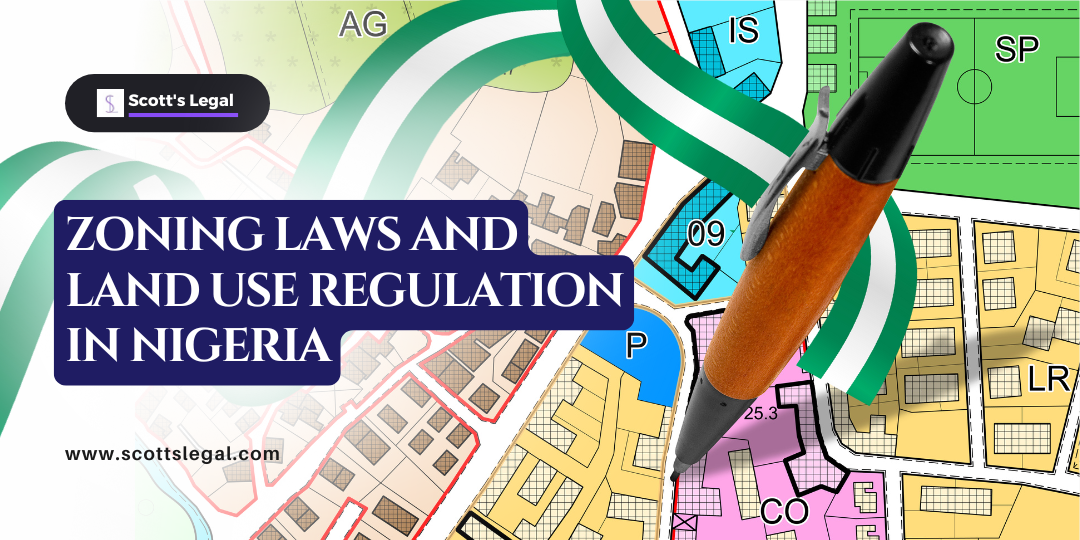Boundary disputes in Nigeria are among the most common and complex property conflicts faced by landowners and real estate investors. These disputes often arise from unclear land demarcation, inaccurate surveys, inheritance conflicts, and overlapping claims. Because a boundary dispute can delay development, threaten title security, and lead to costly litigation, understanding how to identify, prevent, and resolve them is vital for anyone investing in Nigerian real estate.
This article explains the causes of boundary disputes in Nigeria, the legal framework governing them, and the practical steps investors can take to prevent land boundary issues in Nigeria, especially in areas where land documentation is weak or customary ownership dominates.
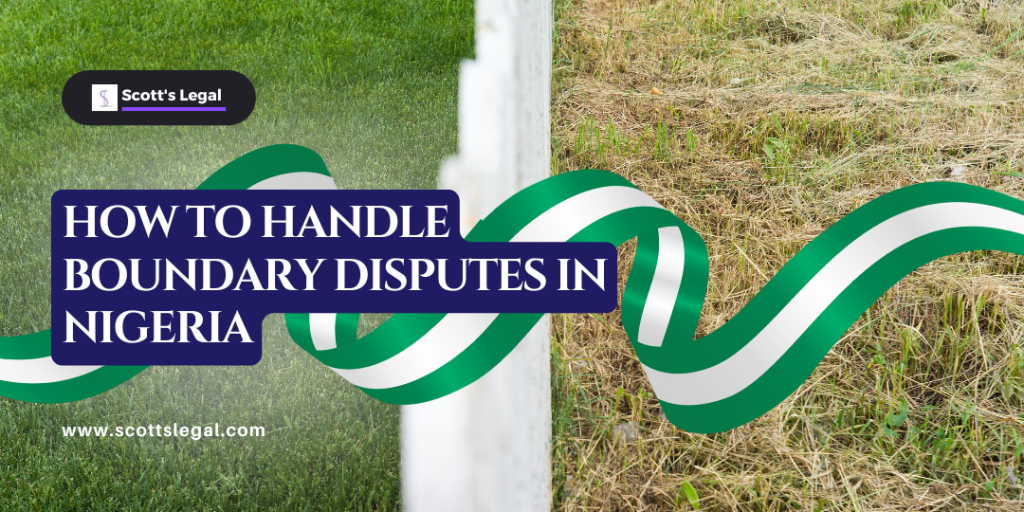
Understanding Boundary Disputes in Nigeria
Boundary disputes occur when two or more parties disagree about the exact limits of their land. These disagreements may involve small strips of land, major portions of a plot, or entire property lines.
Below are the most common triggers.
Common Causes of Boundary Disputes in Nigeria
A. Inaccurate or Outdated Survey Plans
One of the biggest causes of land boundary issues in Nigeria is the use of poorly prepared or outdated survey plans. When survey coordinates do not match physical boundaries on the ground, conflict is almost inevitable.
B. Encroachment
Encroachment happens when an adjoining landowner builds, farms, fences, or constructs beyond their lawful boundary. It is usually accidental but sometimes deliberate, especially where property line disputes arise from faulty documentation.
C. Customary Land Ownership Challenges
In rural communities, boundaries are often marked by natural features such as trees, streams, or footpaths rather than formal survey plans. Because these landmarks change over time, disputes frequently arise.
D. Multiple Sales of the Same Land
Fraudulent land sales continue to cause overlapping claims, particularly in fast-developing areas. Competing deeds or survey plans often escalate into full-blown boundary conflicts.
E. Inheritance and Family Disputes
Family land is a major source of property line disputes, especially when boundaries of inherited land are unclear or when family members disagree on how the land was divided.
Steps to Prevent or Resolve Boundary Disputes
Investors can avoid most boundary conflicts through proactive due diligence and proper documentation. When a dispute already exists, there are established legal and administrative steps to resolve it.
Preventive Measures Before Buying or Developing Land
1. Conduct a Proper Survey
- Always hire a licensed surveyor to produce an accurate and georeferenced survey plan.
- Ensure the plan reflects the actual physical boundaries on the ground.
- Register the survey plan at the State Surveyor-General’s office or the appropriate land registry.
2. Secure Valid Title Documents
Having proper documentation reduces the risk of boundary conflicts.
Key documents include:
- Certificate of Occupancy (C of O)
- Deed of Assignment
- Governor’s Consent
- Registered survey plan
For customary land, ensure the sale is approved by recognized family heads and documented in writing.
3. Mark and Secure Your Boundaries
Physical demarcation helps prevent encroachment.
- Install beacons at boundary points
- Erect fences or perimeter walls where financially feasible
- Post visible notices warning against trespass
4. Conduct Thorough Due Diligence
Before purchasing land:
- Verify the seller’s title history
- Compare survey plans with nearby plots
- Confirm whether the land is subject to ongoing disputes
- Ask neighbors and community leaders about known issues
Steps for Resolving Existing Boundary Disputes in Nigeria
1. Engage a Licensed Surveyor for Boundary Verification
A fresh survey is often the first step in the settlement of boundary conflicts. The surveyor compares available documents and field measurements to identify where the discrepancy lies.
2. Use Negotiation and Mediation
Negotiation is the fastest and least confrontational method of resolving property line disputes. Mediation is particularly useful for disputes involving:
- Family land
- Community land
- Customary boundaries
- Minor encroachments
Community elders, estate associations, or lawyers can play the role of mediators.
3. Administrative Remedies
Where a boundary dispute involves documentation inconsistencies, land registries or local government authorities can intervene. Their records can clarify:
- Town planning layouts
- Government acquisition boundaries
- Survey plan conflicts
4. Litigation as a Last Resort
When alternative dispute resolution fails, parties may approach the courts.
Courts that handle boundary disputes include:
- State High Courts (for statutory land disputes)
- Customary Courts (for customary land, where jurisdiction applies)
Evidence often required includes:
- Survey plans
- Title documents
- Purchase receipts
- Witness testimony
- Family or community boundary history
5. Court-Ordered Survey
Courts frequently order an independent survey by government-approved surveyors. This survey, conducted jointly for both parties, often forms the basis for the final judgment.
Legal Framework Governing Boundary Disputes in Nigeria
Boundary disputes are guided by a mix of statutory, customary, and judicial rules.
A. Land Use Act (1978)
The Act vests all land in each state in the Governor. Certificates of Occupancy issued under the Act define the boundaries of land and serve as proof of lawful occupation.
B. Evidence Act (2011)
This Act governs the admissibility of:
- Survey plans
- Deeds
- Certificates of Occupancy
- Witness statements
- Customary boundary indicators
C. Customary Laws
In rural areas, boundaries are determined by customary norms. Customary courts often rely on:
- Testimony from elders
- Community land history
- Traditional boundary markers
D. Judicial Precedents
Courts have developed principles that guide boundary dispute resolution.
Key cases include:
- Adole v. Gwar (2008) – Emphasized reliance on accurate survey plans.
- Ekpendu v. Erika (1959) – Confirmed that oral evidence may supplement written boundary documents.
4. Remedies Available in Boundary Dispute Cases
Courts and ADR mechanisms may award:
• Declaration of Title
Affirms the rightful owner or person entitled to possess the disputed land.
• Injunctions
Restrains parties from further encroachment, trespass, or construction.
• Damages
Compensates for losses such as destroyed fences, crops, or structures.
• Restitution
Orders that land taken through encroachment be returned to the rightful owner.
Challenges in Resolving Boundary Disputes
1. Inadequate Documentation
Many landowners lack registered surveys or valid titles.
2. Lengthy Court Processes
Litigation can span several years due to the case backlog.
3. Overlapping Claims
Conflicts between statutory and customary systems complicate ownership boundaries.
4. Corruption and Influence
Improper influence in land offices or local leadership sometimes aggravates disputes.
Practical Tips for Investors and Landowners
- Hire professional surveyors and lawyers.
- Document every transaction in writing.
- Avoid self-help measures such as demolishing structures or confronting neighbors aggressively.
- Secure your boundaries once the dispute is resolved.
- Conduct regular land registry searches to detect unauthorized alterations.
Conclusion
Boundary disputes in Nigeria can be disruptive, costly, and time-consuming, but they are avoidable with proper due diligence, accurate surveys, and professional legal guidance.
Whether you are purchasing land, developing a property, or managing inherited land, understanding land demarcation in Nigeria and the legal processes for the settlement of boundary conflicts ensures your investment remains secure.
Other Articles On The Blog
- The Doctrine of Lis Pendens in Nigerian Real Estate Law
- Causes of Land Disputes in Nigeria and Legal Solutions
At Scotts Legal, we provide expert support in property acquisition, title investigation, registration, and property management, helping real estate investors make confident, compliant, and secure decisions.
For consultations and inquiries, send us a message – here.

